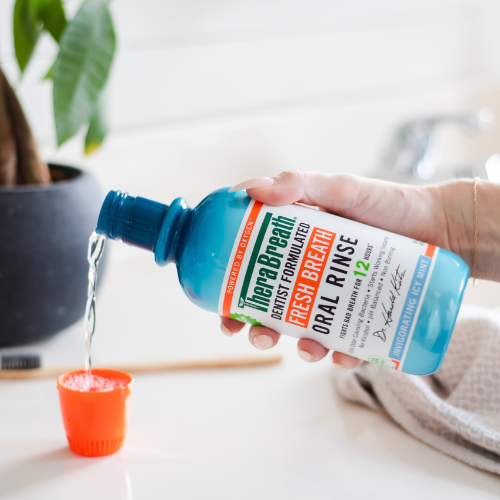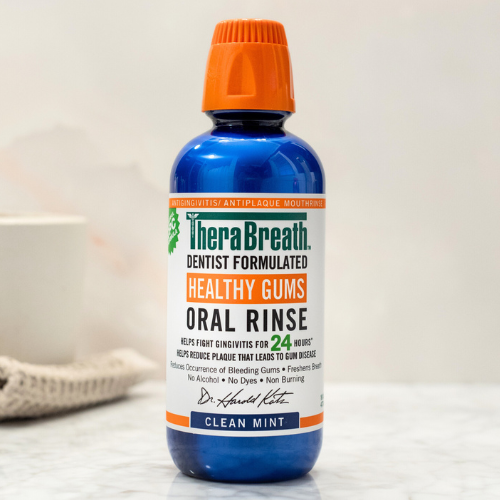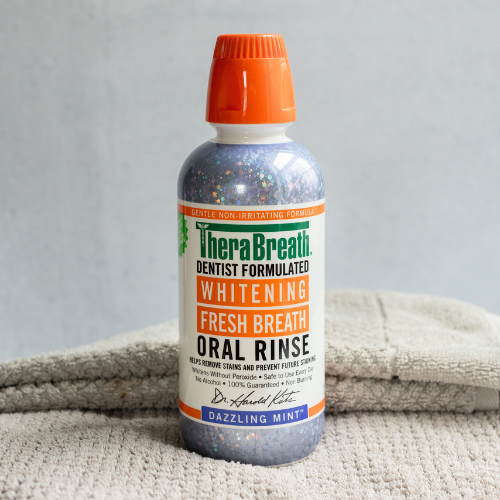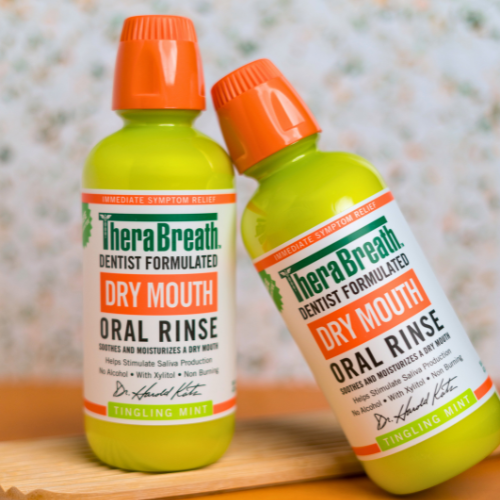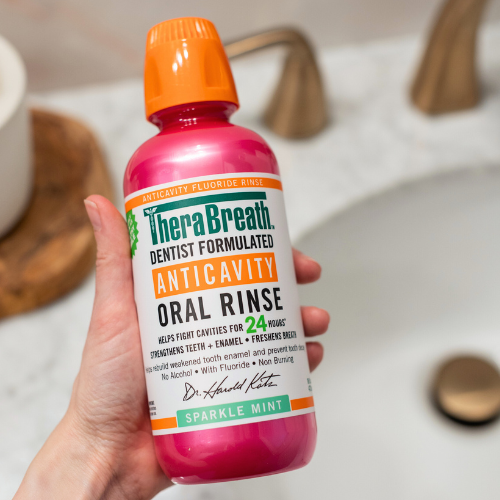Oral Health Blog

How to Tell If Your Breath Stinks
Not sure if your breath smells? Learn why it’s hard to smell your own breath, simple at-home tests to check it, and easy ways to keep your breath fresh and...
How to Tell If Your Breath Stinks
Not sure if your breath smells? Learn why it’s hard to smell your own breath, simple at-home tests to check it, and easy ways to keep your breath fresh and...

Canker Sores and Kissing: The Contagious Truth
Are canker sores contagious? Learn whether you can kiss someone with a canker sore, how they differ from cold sores, and gentle ways to soothe irritation.
Canker Sores and Kissing: The Contagious Truth
Are canker sores contagious? Learn whether you can kiss someone with a canker sore, how they differ from cold sores, and gentle ways to soothe irritation.

Can Alcohol Cause Canker Sores?
Wondering whether alcohol can trigger canker sores? Learn how drinking affects folic acid levels, saliva production, and mouth dryness—and what you can do to prevent irritation and support healthier oral...
Can Alcohol Cause Canker Sores?
Wondering whether alcohol can trigger canker sores? Learn how drinking affects folic acid levels, saliva production, and mouth dryness—and what you can do to prevent irritation and support healthier oral...

Alcohol and Bad Breath
Alcohol can dry out your mouth and feed odor-causing bacteria, leading to stubborn bad breath. Learn why this happens and how simple steps—like staying hydrated and using alcohol-free mouthwash—can help...
Alcohol and Bad Breath
Alcohol can dry out your mouth and feed odor-causing bacteria, leading to stubborn bad breath. Learn why this happens and how simple steps—like staying hydrated and using alcohol-free mouthwash—can help...

Can Anxiety Cause Dry Mouth and Bad Breath?
Have you ever noticed that when you are stressed out or feel anxious that your mouth is dry and uncomfortable? Well, that's no coincidence! Anxiety dry mouth is a real...
Can Anxiety Cause Dry Mouth and Bad Breath?
Have you ever noticed that when you are stressed out or feel anxious that your mouth is dry and uncomfortable? Well, that's no coincidence! Anxiety dry mouth is a real...

Secrets of Teeth Whitening at Home
Dr. Katz began practicing dentistry in 1975, having just graduated with a DDS degree from UCLA and eager to make his mark as a dentist. He worked a double shift...
Secrets of Teeth Whitening at Home
Dr. Katz began practicing dentistry in 1975, having just graduated with a DDS degree from UCLA and eager to make his mark as a dentist. He worked a double shift...
